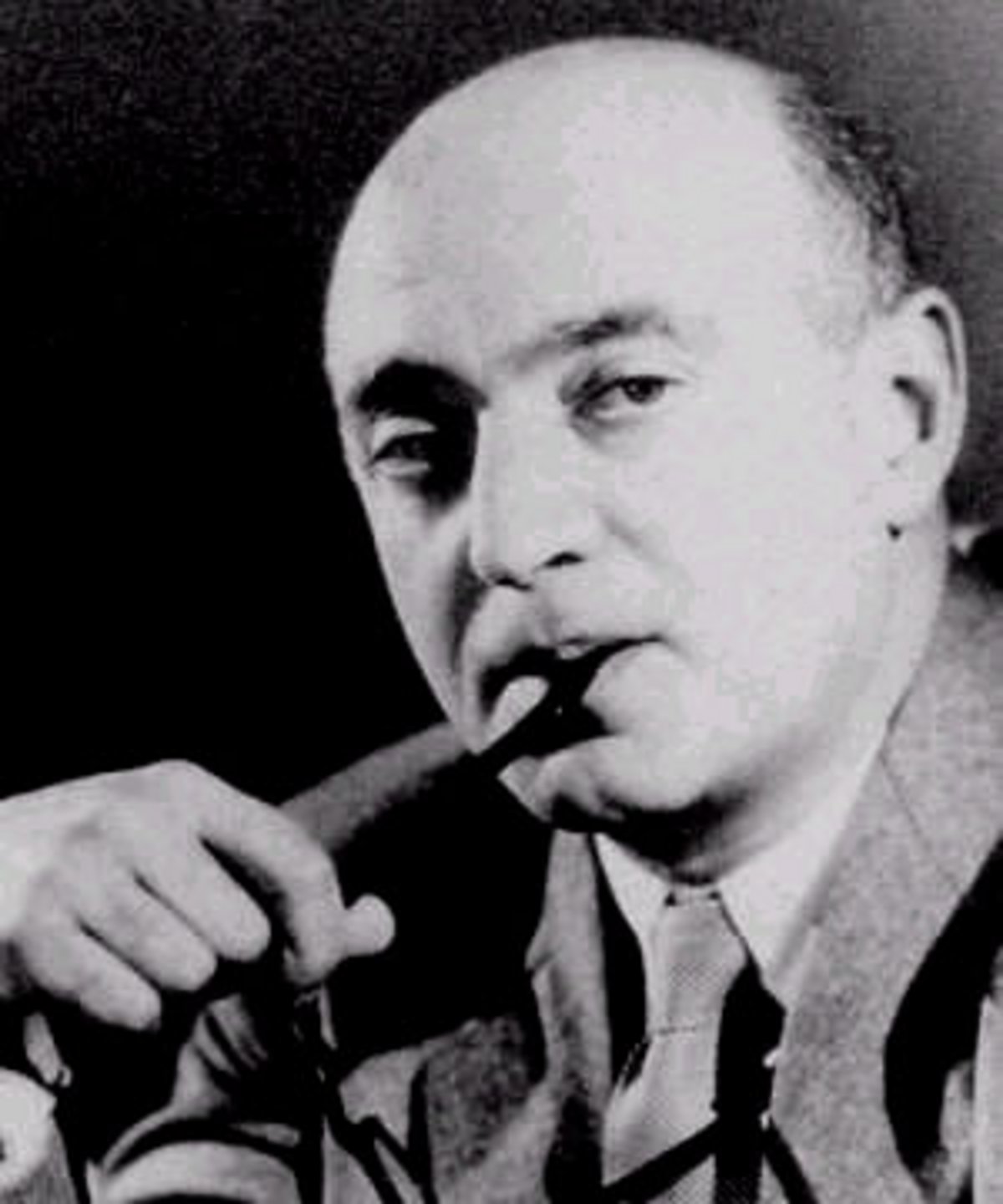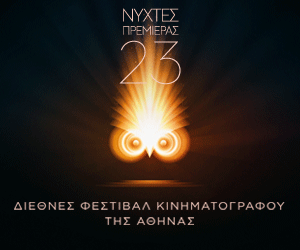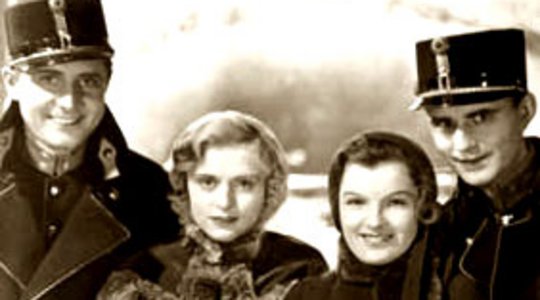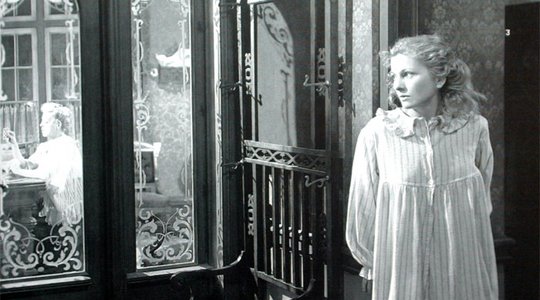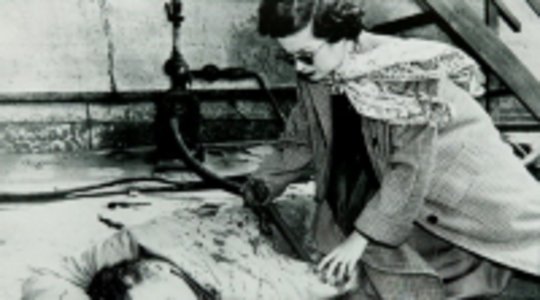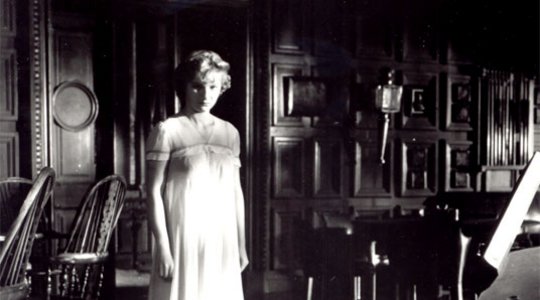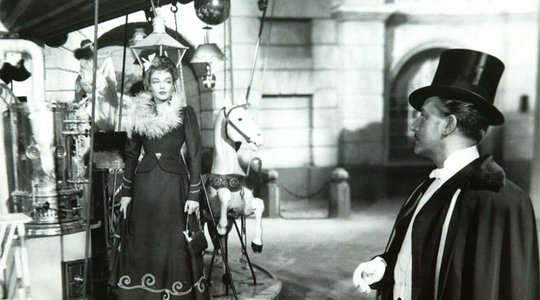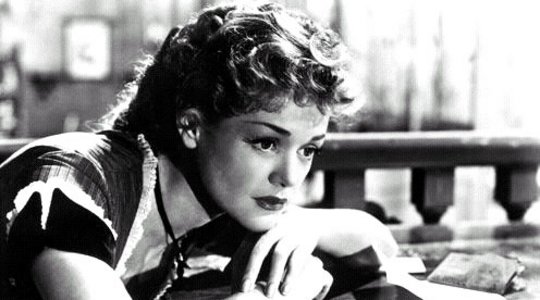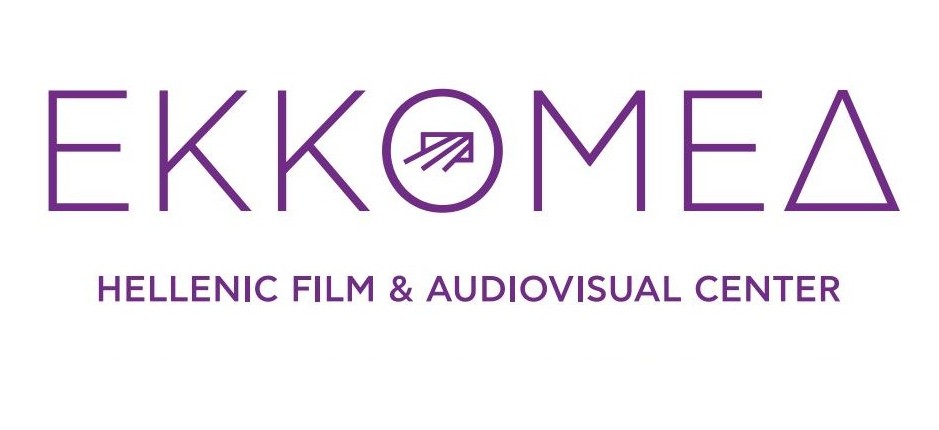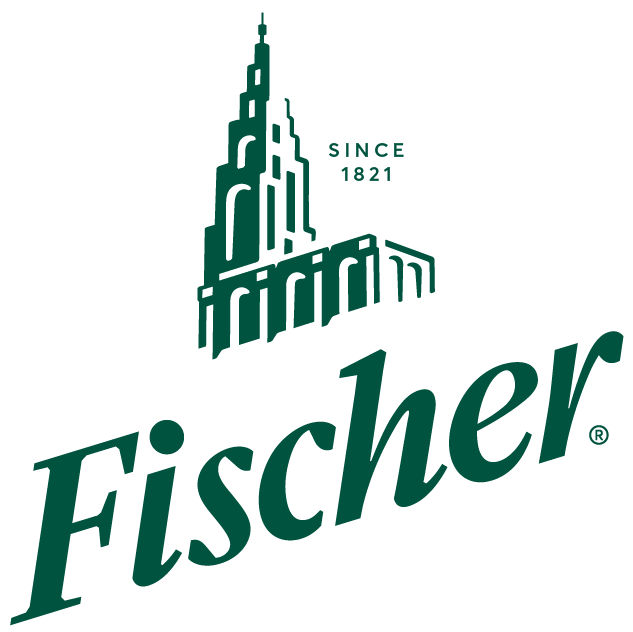RETROSPECTIVE: Max Ophüls
Classical and Baroque
1955 Lola Montès
1953 Madame De...
1952 Plaisir, Le
1950 Ronde, La
1949 Caught
1948 Letter from an Unknown Woman
1947 The Exile
1940 De Mayerling à Sarajevo
1939 Sans lendemain
1938 Werther
1937 Yoshiwara
1936 Comedie om geld
1935 Divine
1934 Everybody's Woman
1933 Liebelei
1933 The Merry Heirs
1932 The Bartered Bride
1931 The Company's in Love
His real name was Max Oppenheimer. He was born in May 1902 in Saarbrücken, Germany, to a prominent Jewish garment manufacturer. However, young Max did not feel inclined to enter the family business; adopting the pseudonym Max Ophüls ?to save his strict father from embarrassment in case he failed- he began working as a journalist in 1919. He then made a jump to the theater, initially working as an actor and later on as producer. It was only ten years later, in 1929, just as the talkies were gaining ground, that Ophüls realized that his true calling was the cinema. However, the rise of the Nazis to power and the anti-Semitism that ensued forced him to emigrate to France in 1933. The war soon caught up with him, and Ophüls decided to follow several other filmmakers’ example and seek a new artistic home in the US in 1940. What followed was a six-year-long period of unemployment, as the German-Jewish director failed to fit in the Hollywood studio system. His ticket to Hollywood finally came in the form of Howard Hughes, whom he met through long-time admirer Preston Sturges. Ophüls returned to France in 1950, where he directed his four last films which are ranked among his masterpieces. He died in 1957.
Ophüls is known for his detailed camera work and elaborate shots. However, he was more than a mere stylist; his use of cinematic techniques intensifies the meaning engaging the viewer on a profound personal and emotional level. His mastery of the traveling technique gave his films a seamlessness underlying the essential fluidity of time, experiences and emotions, while his intricate frames and lighting heightened the symbolism and the subtle irony seen in many of his works. Max Ophüls made 22 films in 25 years and at least one third of them are considered masterpieces. This year the Athens International Film Festival brings you the best items in Ophüls’s filmography.
Nina Veligradi
Ophüls is known for his detailed camera work and elaborate shots. However, he was more than a mere stylist; his use of cinematic techniques intensifies the meaning engaging the viewer on a profound personal and emotional level. His mastery of the traveling technique gave his films a seamlessness underlying the essential fluidity of time, experiences and emotions, while his intricate frames and lighting heightened the symbolism and the subtle irony seen in many of his works. Max Ophüls made 22 films in 25 years and at least one third of them are considered masterpieces. This year the Athens International Film Festival brings you the best items in Ophüls’s filmography.
Nina Veligradi




